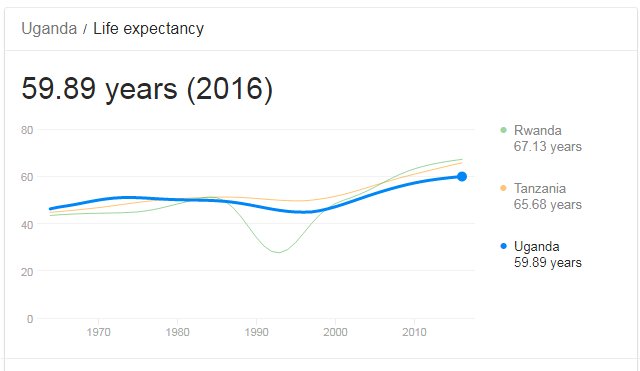 With a life expectancy of 60 (male) and 65 (female) (WHO data), there is much about the health of Ugandans that can be improved. Deaths from Tuberculosis, malaria and non-communicable diseases are high, especially among those who are malnourished or whose immunity is compromised in other ways. HIV/AIDS is prevalent and health education messages have often been confusing or innaccurate.
With a life expectancy of 60 (male) and 65 (female) (WHO data), there is much about the health of Ugandans that can be improved. Deaths from Tuberculosis, malaria and non-communicable diseases are high, especially among those who are malnourished or whose immunity is compromised in other ways. HIV/AIDS is prevalent and health education messages have often been confusing or innaccurate.
MTCEA’s health program delivers no-nonsense advice and appropriate health education to outreach communities, not only about human health but also about the many animals which interact with these communities.
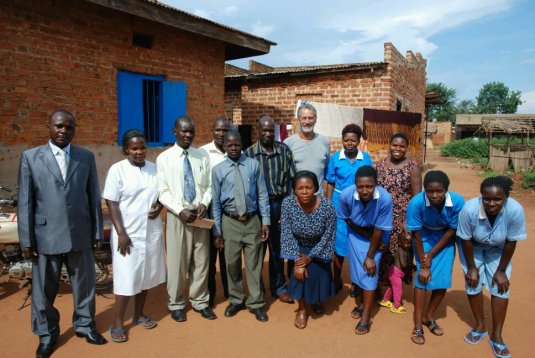
Support
The Health Program enjoys support from partners like Peace Corps who raised money to test for HIV/AIDS status of 150 vulnerable people in the Makuutu sub-county.
As mentioned above animal health is one of the issues that MTCEA deals with, because animals live with humans and there is great potential for disease transfer, in either direction.
Projects
MTCEA with its partners have trained over 350 locals to act as watch dogs to identify bovine tuberculosis, Nagana and other zoonotic diseases that affect both humans and animals. The research showed that 40% of humans do live in very close proximity with animals especially around water sources and at home, where they often share sleeping spaces.

Through MTCEA’s health program and with the support of Veterinarians Without Borders (VWB), we upgraded the water system in the poorly resourced hospital in the community of Nakavule, in 2014, to enable health workers and patients access to potable water.
MTCEA is lobbying for HIV/AIDS external financial support to improve the outcome of its sufferers and to reduce stigma and discrimination towards those living with HIV/AIDS.
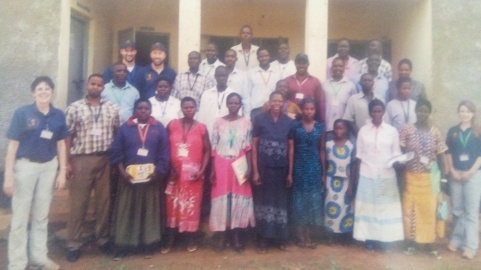
Here’s a group photo of the team of Veterinarians Without Borders USA working with MTCEA after the training for monitoring livestock health. The project targeted 8 districts in the Busoga region and 9 districts in Rwenzori region to create more awareness about trans-boundary diseases.
Orphans and Vulnerable Children
With early death being a reality for so many, it’s not surprising to find many orphans and vulnerable children. There are so many that there is a commonly used term for these children – “OVCs”.
MTCEA takes a special interest in helping families who support these children.
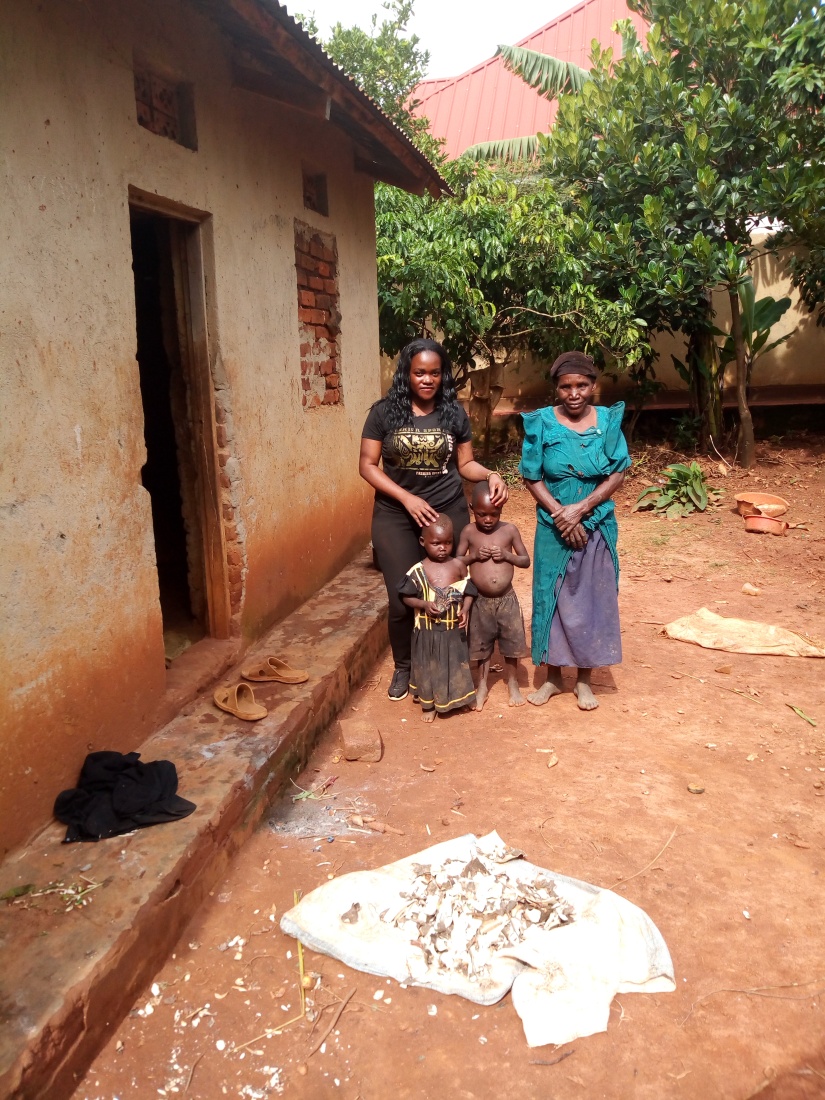
One of the MTCEA staff visiting some of the many orphans and vulnerable children (known as “OVCs”), here who are fortunate enough to be living with their grandmother.
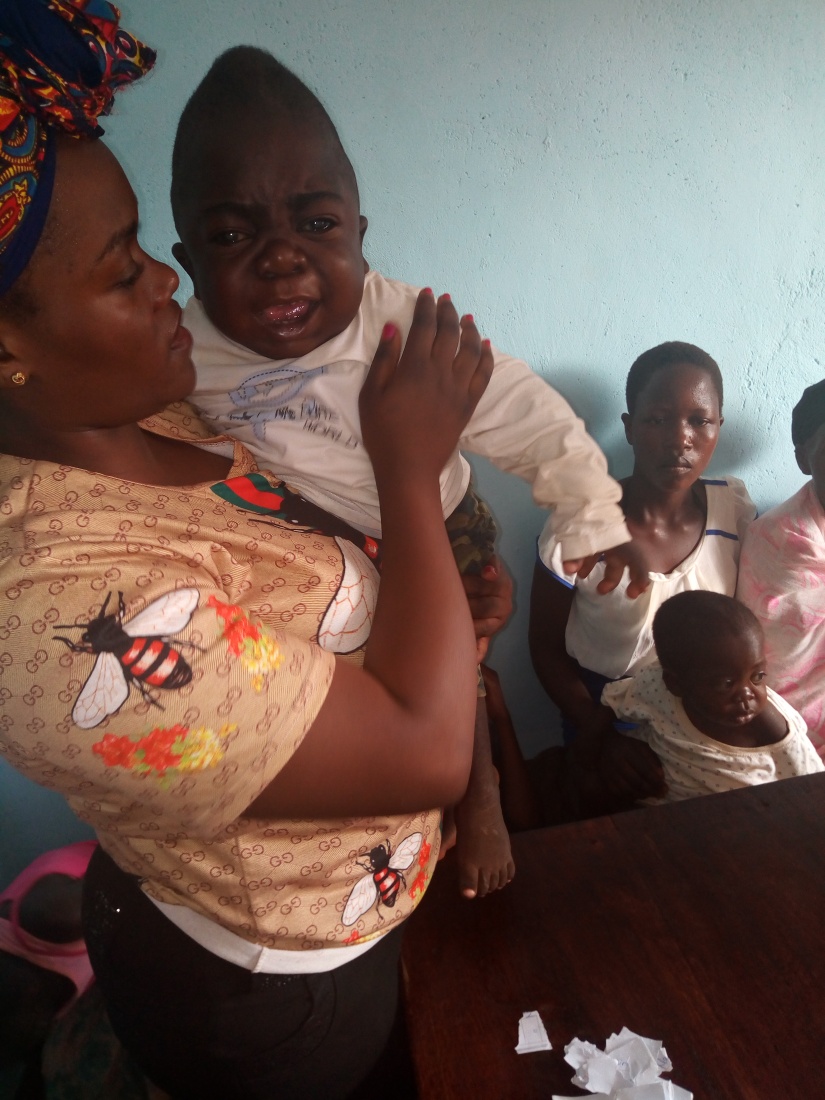
Our field officer with a group OVCs, trying to comfort them.

OVCs supplied with scholastic materials and clothes
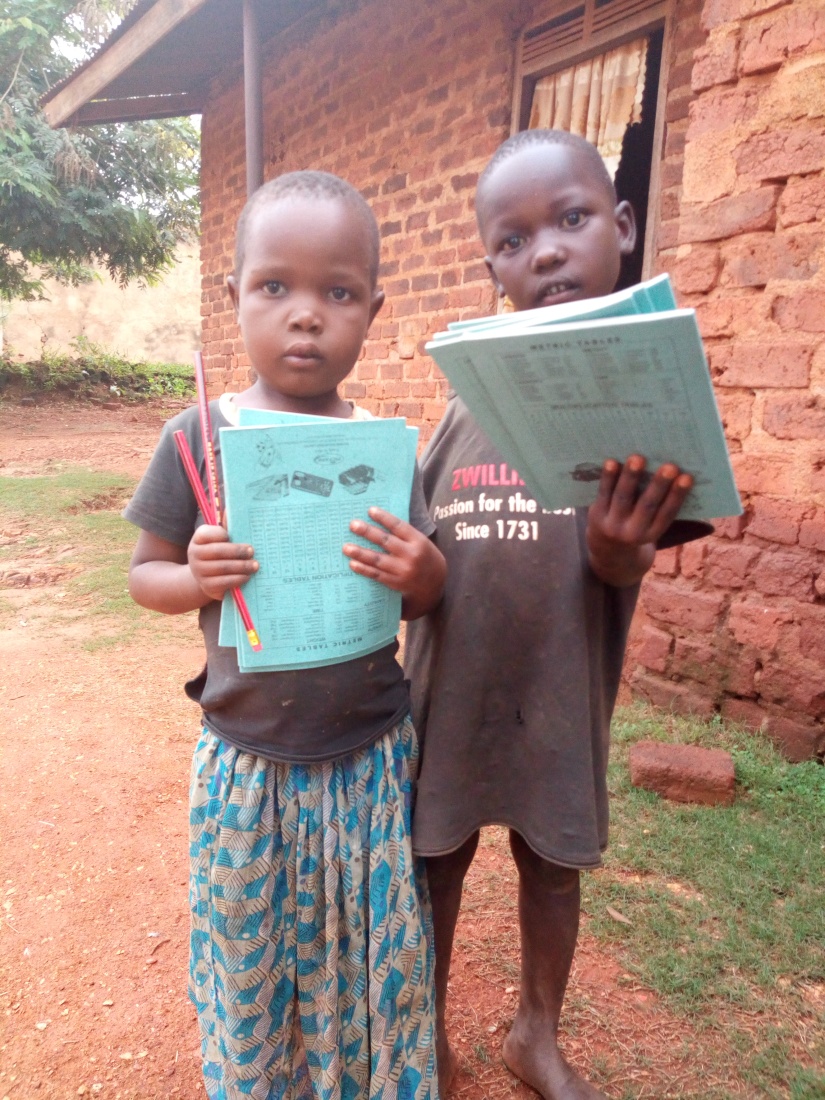
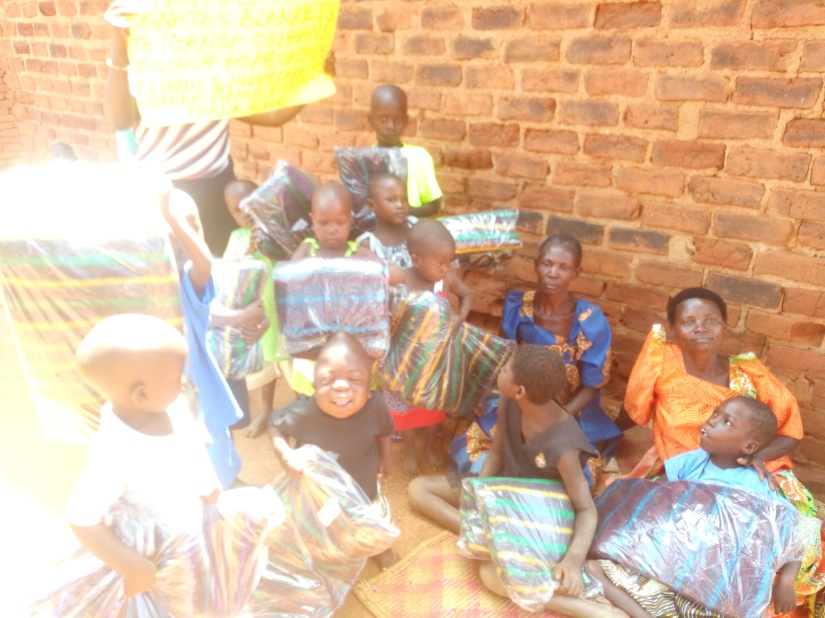
Some of the blankets received by the OVCs.

Clothing, sanitary items and other items received by the OVCs.
That is real joy you are seeing!

One of our staff members checking on an OVC in an relatively remote outreach community
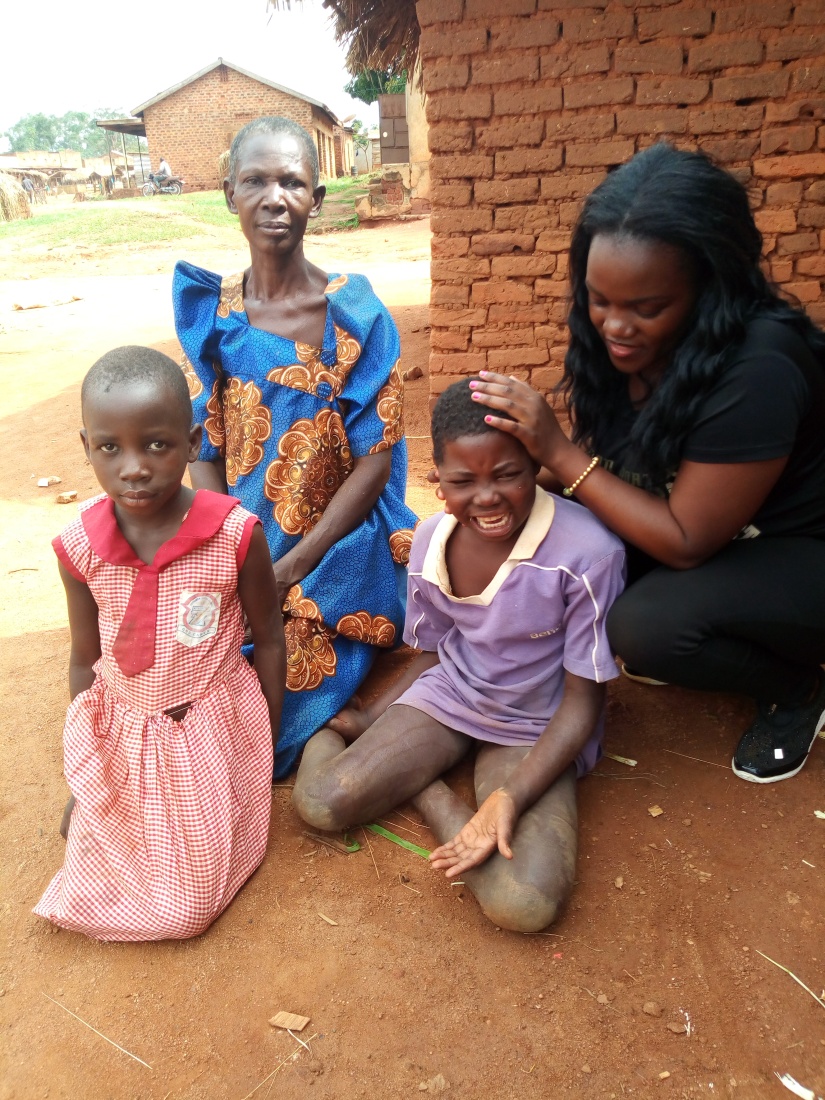
Our staff carrying out some extra care and hygiene for an OVC in the field.
With even more help from even more of our supporters, MTCEA aims to bring even more smiles to even more faces!


